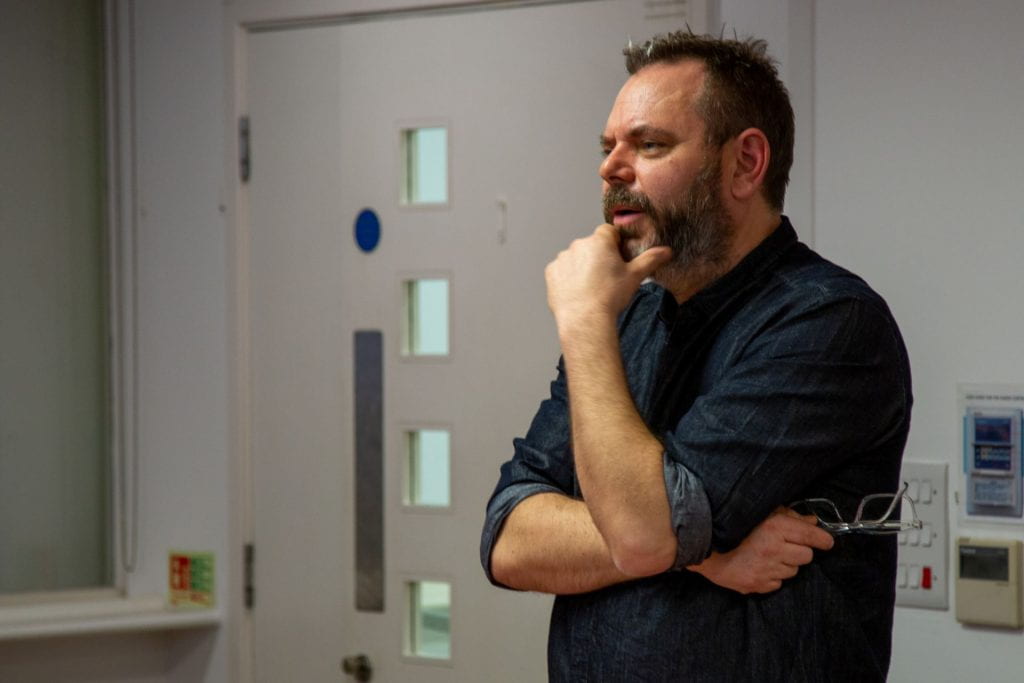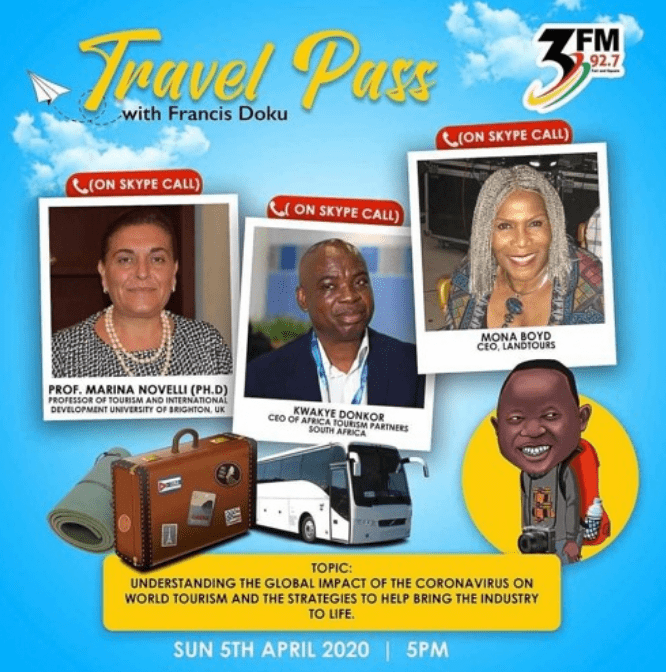
Professor Marina Novelli has been invited to contribute her expert opinion in an upcoming webinar hosted by the Journal on Tourism and Sustainability on Friday 24 April 2020 from 10.30am (GMT).
Joining the academics with whom she co-authored Overtourism: Excesses, discontents and measures in travel and tourism, Professor Novelli will answer questions relating to the future of tourism in the post-COVID-19 era.
Visit this web page to register
Topic: OTS Webinar Series: After the Virus
Description: E3. From Overtourism to a COVID-19 Immobile world
Tourism like any other industry will need to be regulated and managed in a post COVID-19 era. The third webinar will focus on issues concerning the crisis surrounding the tourism industry. The aim is to explore possible directions in which tourism and hospitality might be heading. The debate will focus on managing the socio-economic impacts of COVID-19 on attractions, hotels, restaurants etc… Questions to be considered:
Are we witnessing the end of overtourism or mass tourism, and the end of ‘vulgar’ tourism? Will the flow of visitors require an alternative solution and more responsible management? Will destinations that are faced with economic catastrophe cause a survival of the ‘fittest’ scenario?
Viewers will debate current issues concerning the rebirth of regulated tourism and suggest solutions in the management of the industry.
Agenda-
10:30 – 10:35 Welcome
10:35 – 11:05 Professor Claudio Milano
11:05 – 11:35 Professor Joseph M. Cheer
11:35 – 12:05 Professor Marina Novelli
12:05 – 12:30 Q&A and Closing Remarks
Chaired By: Professor Eugenia Wickens



